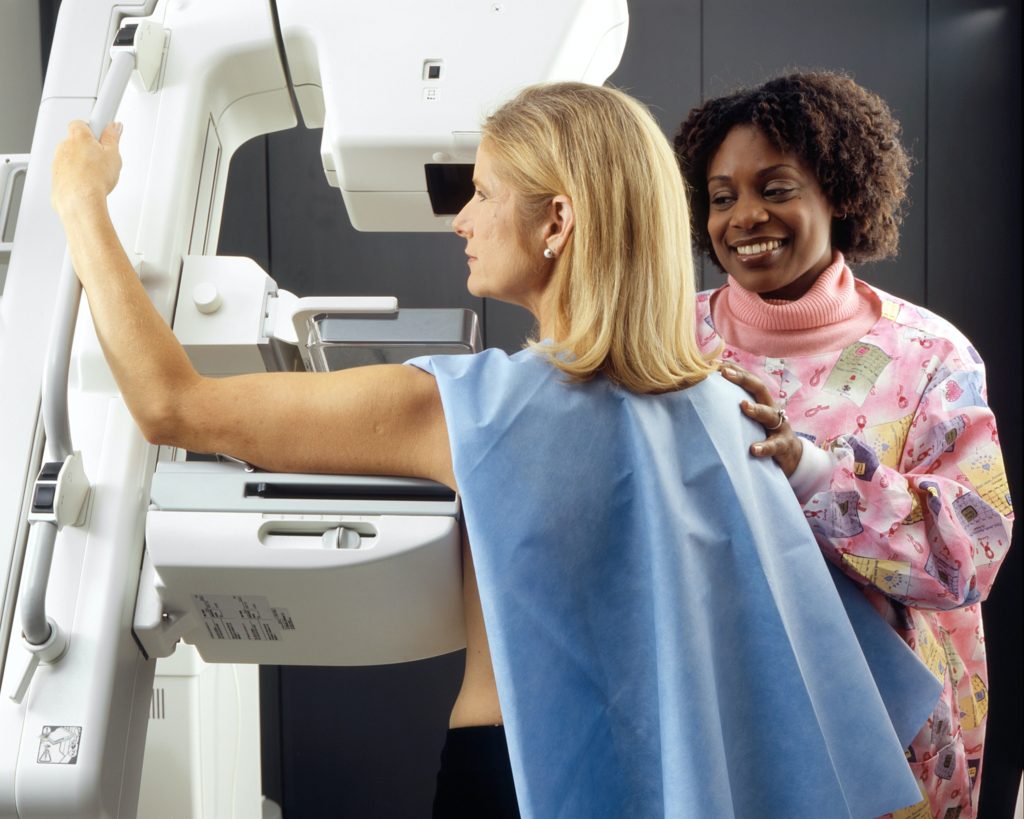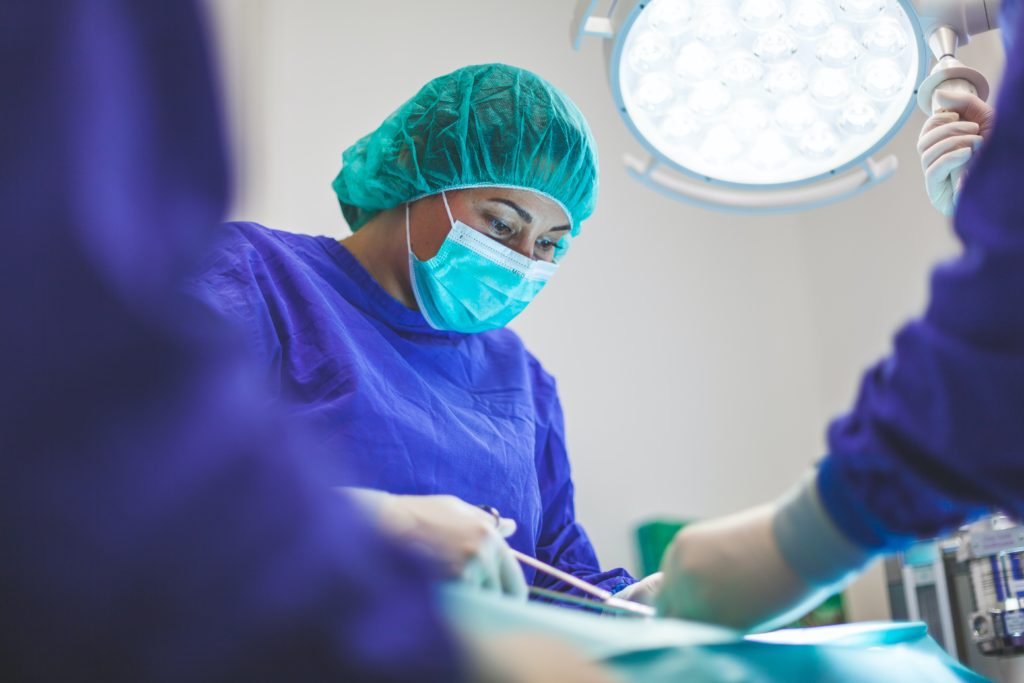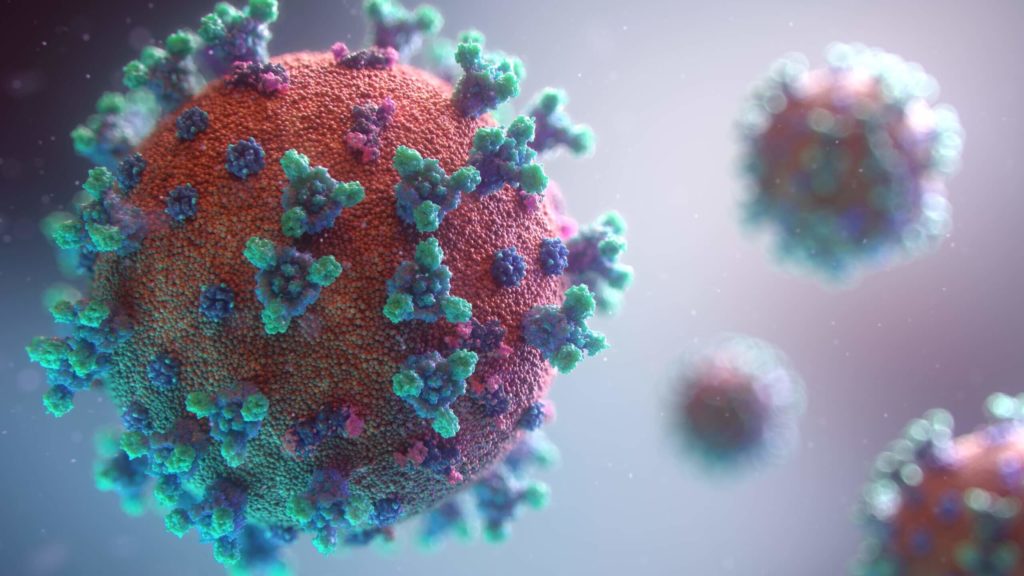The covid-19 pandemic has changed the world beyond recognition. The way we live our lives has been impacted in ways that nobody could have imagined. The most normal of activities such as going to work, shopping for food, going to the gym, walking in the park are either forbidden or curtailed. The basic of human activities such as socialising with friends, visiting family, eating out in restaurants, drinking at bars, having a picnic on a nice sunny day, are all but a distant memory.
Thousands of people have died and many more have been infected. Hospitals have had to stop many elective activities in order to absorb and manage the deluge of patients who require acute medical attention. Wards and operating theatres are being turned into Intensive Care Units to make sure that we are best placed to care for the predicted rise of people requiring ventilatory support. Doctors and nurses are being trained so that they have the skills when deployed elsewhere in order to support acute services. Medical students and student nurses have been drafted early. Those who have retired in both professions are being recalled to help with the staff shortages, as more health workers are falling ill or self-isolating. Unfortunately some have also died.
This has meant that like many other health services, breast cancer services have been impacted significantly. The breast cancer screening service in the UK has already been suspended.

If you have been affected by breast cancer, whether you have just been diagnosed, currently going through treatment, living with no evidence of disease or living with secondary disease, these times can be even more scary and uncertain.
As breast cancer teams all over the UK have had to adapt in order to deliver the best care given the circumstances, below are some of the things we are having to do differently.
So, what happens if you have breast symptoms? It is likely that your referral to the breast unit will be triaged by one of the breast cancer team members.
If you are a new patient, the likelihood of receiving an expedient appointment will depend on your symptoms.
If you an existing patient, you may either have a remote telephone appointment or a deferred appointment. We are already reducing the number of people we see in our clinics to comply with physical distancing.
Please be assured that we will try to see you in a timely manner, but please bear with us and it may be difficult to get an appointment straight away.
If you have recently been diagnosed with breast cancer, you can be rest assured that we will treat you. As always, your treatment will be dictated by the type and pathology of your cancer. If surgery has been recommended as your first treatment, and the situation is such that we can’t perform surgery due to hospital constraints, the sequence in which you receive your treatment may be slightly changed. If your cancer is oestrogen receptor positive, in other words it is hormonally driven, then we may offer you endocrine treatment to begin with e.g. letrozole or tamoxifen. This will continue until such time that hospitals are back to normal service at which time your surgery will be undertaken.
If your cancer is triple negative, which means that it doesn’t express any of the hormone receptors (oestrogen or progesterone) nor the HER2 (human epidermal growth factor receptor 2), then surgery will be scheduled as a matter of urgency.
Some hospitals are not performing any form of immediate breast reconstruction, either implant or autologous based. So, if you had initially been scheduled for an immediate breast reconstruction, it is a possibility that this may be changed to a mastectomy followed by a delayed reconstruction. Of course, any change from the original planned treatment will be discussed.
If you have been scheduled to have a risk reducing mastectomy, unfortunately it is likely that your surgery will be delayed.
For those who are currently receiving active treatment in the form of chemotherapy or radiotherapy, the duration of your treatment may change. These decisions are very specific and tailored to individual patients and I would recommend you have a discussion with your own oncologists to find out more. As chemotherapy can affect the immune system, starting it or continuing it will be dependent upon the type of cancer and will be decided on a case by case basis.

It is important to find out whether you fall into the vulnerable or high risk group for COVID-19 as you will need to take stricter measures to minimise exposure to the virus.
Those who have breast cancer will fall into this group if:
– You are undergoing active chemotherapy or chemotherapy within the past 3 months.
– you are having immunotherapy or other continuing antibody treatments for cancer
– you are having other targeted cancer treatments which can affect the immune system, such as protein kinase inhibitors or PARP inhibitors
The advice from the UK government is for the vulnerable group to shield themselves from the virus. In practical terms this means:
1. Strictly avoid contact with someone who is displaying symptoms of coronavirus (COVID-19). These symptoms include high temperature and/or new and continuous cough.
2. Do not leave your house.
3. Do not attend any gatherings. This includes gatherings of friends and families in private spaces for example family homes, weddings and religious services.
4. Do not go out for shopping, leisure or travel. When food and medicines are being delivered, these should be left at the door to minimise contact.
Do use telephone or online services to contact your GP or other essential services.
This advice will be in place for at least 12 weeks from the day you receive your letter.
If you are living with secondary breast cancer and receiving treatment, please make sure you are self-isolating.
For those who are post active treatment and are taking endocrine treatment only, then you should follow the advice given to the general public. Unless you fulfil any of the high risk group criteria, taking tablets such as Tamoxifen or Letrozole in itself does not put you in the high risk group.
Advice is changing weekly if not daily, so please make sure you continue to check up to date guidelines.
If we continue to do our bit by following government guidelines, then we will emerge through this pandemic. Until such time, please stay safe. We will get through this together and better times will return.
If you want to listen to a podcast episode related to covid-19 and how it has impacted breast cancer services, you can listen here.
References:
Check out the government website here for more information.
Also, please check Breast Cancer Now for more information specifically related to breast cancer.


